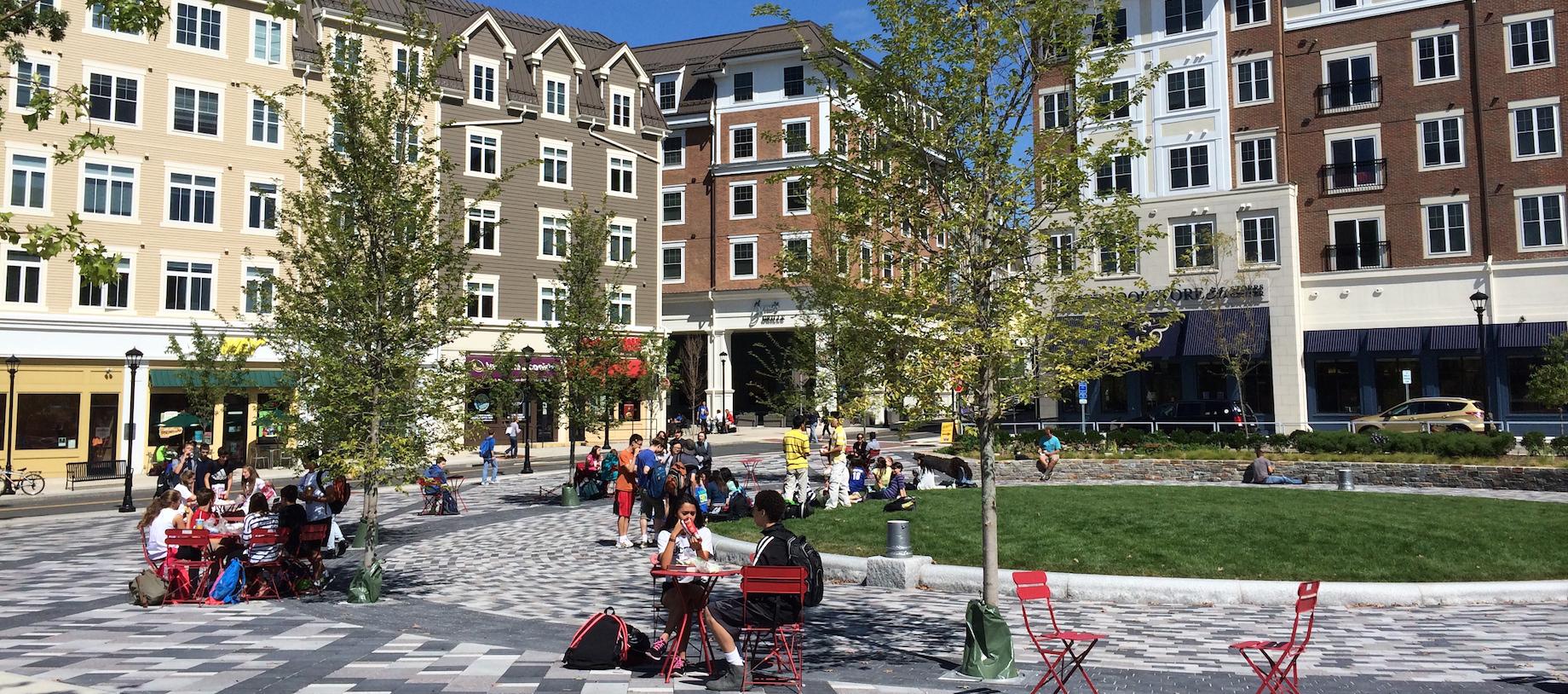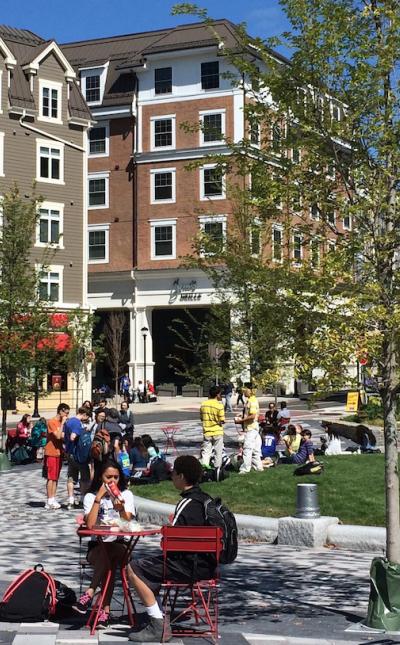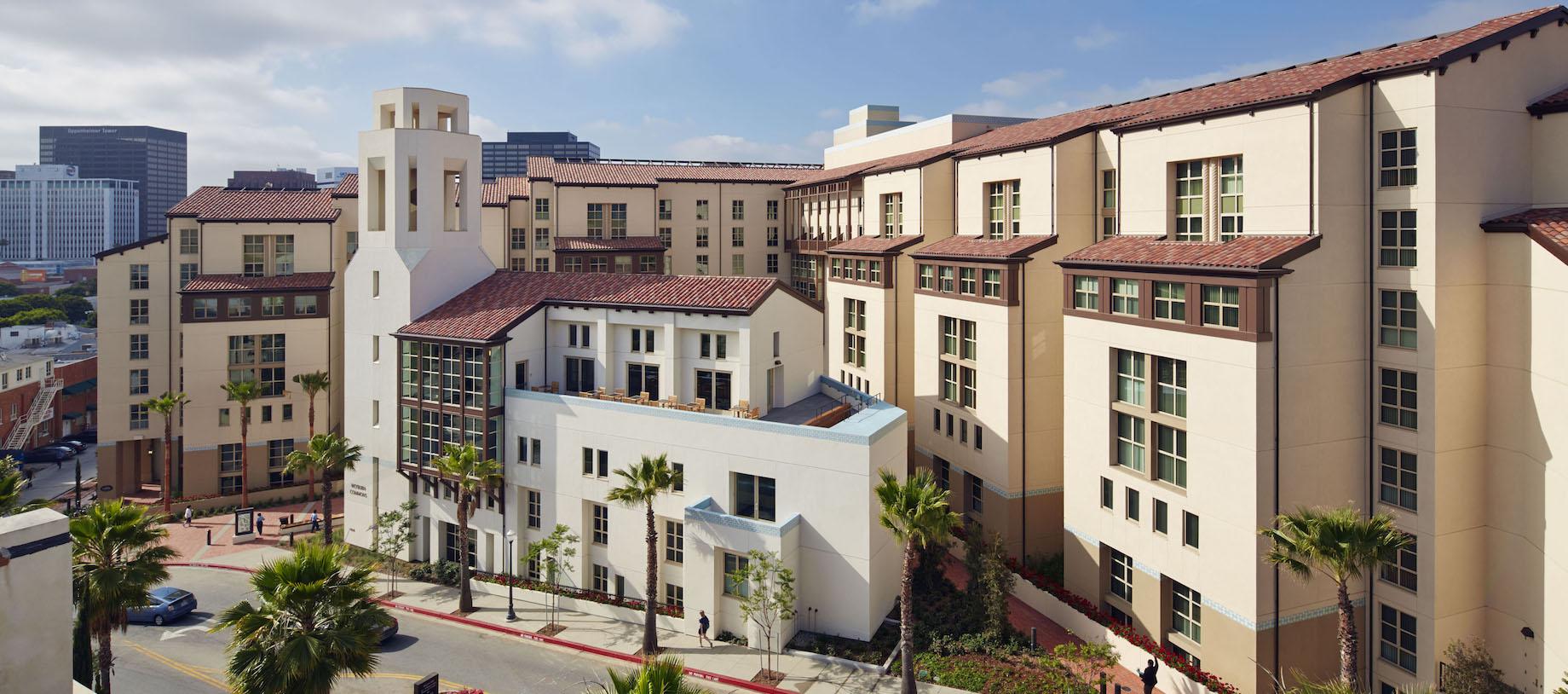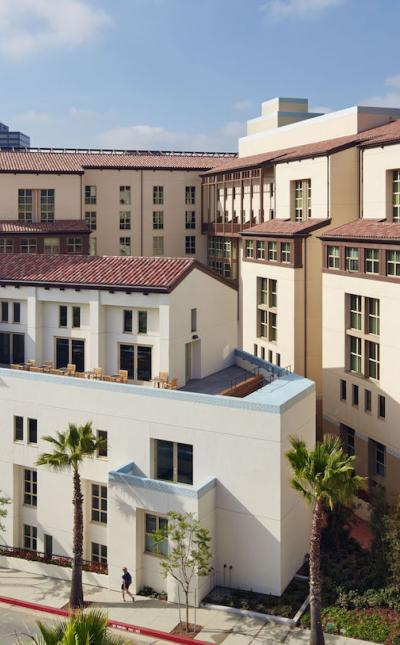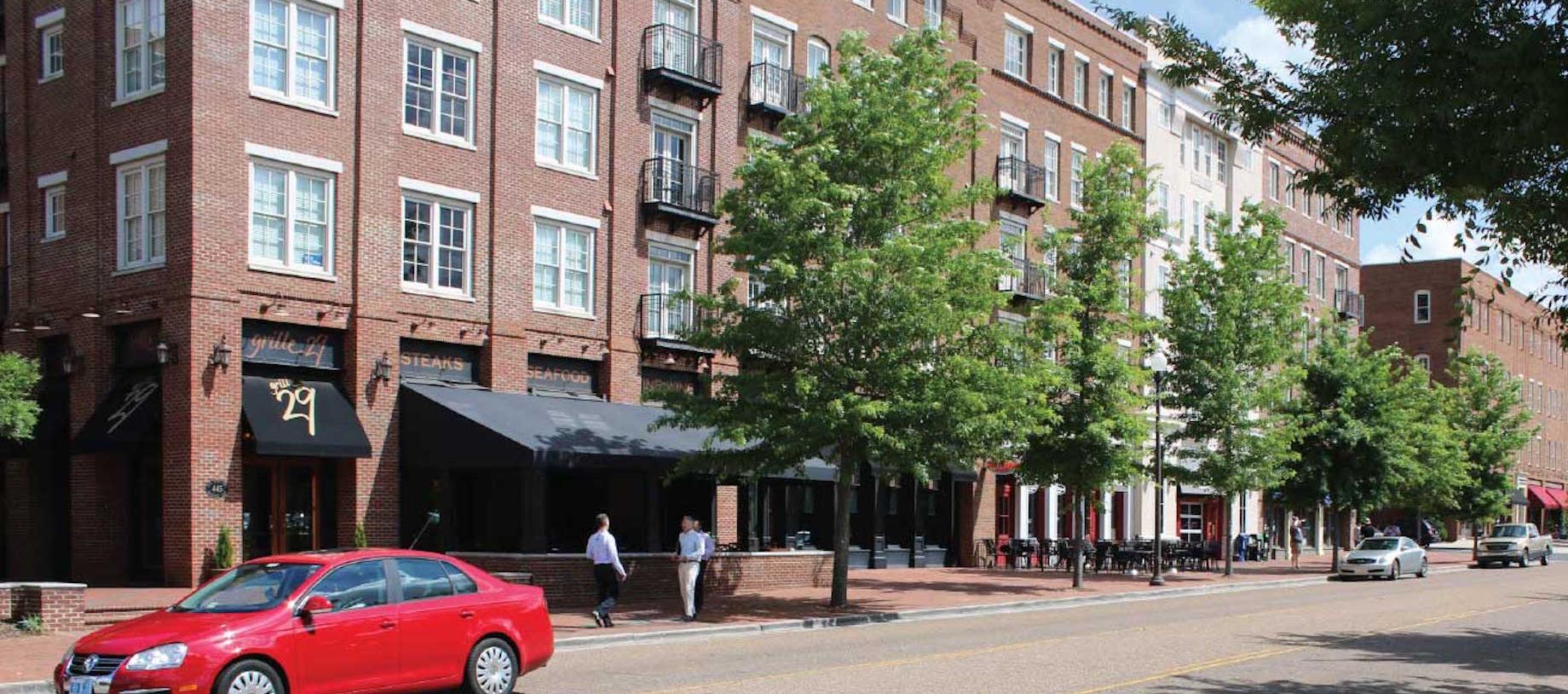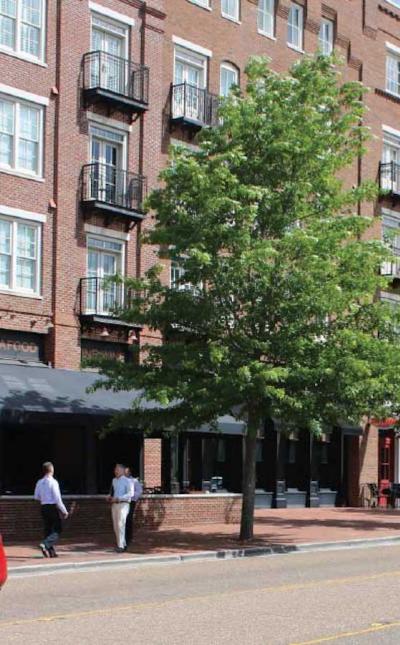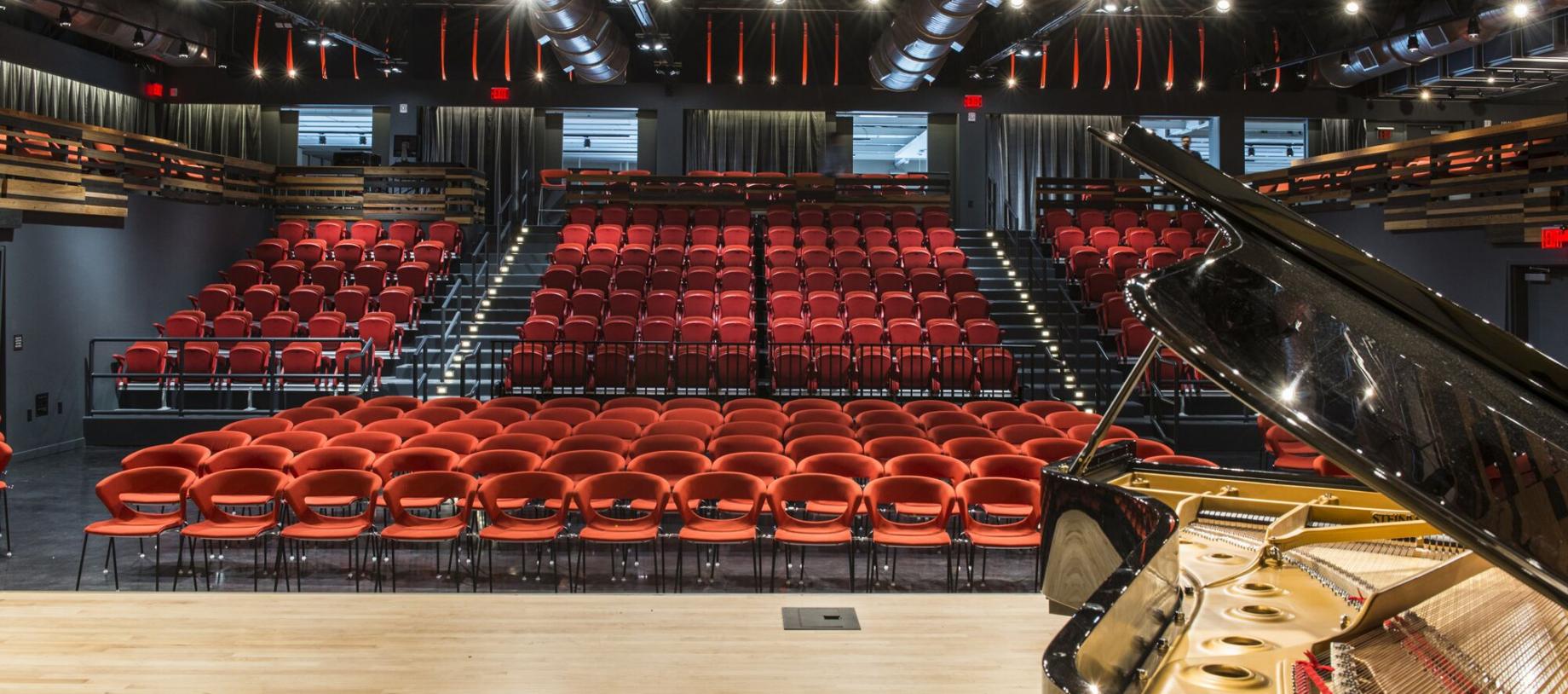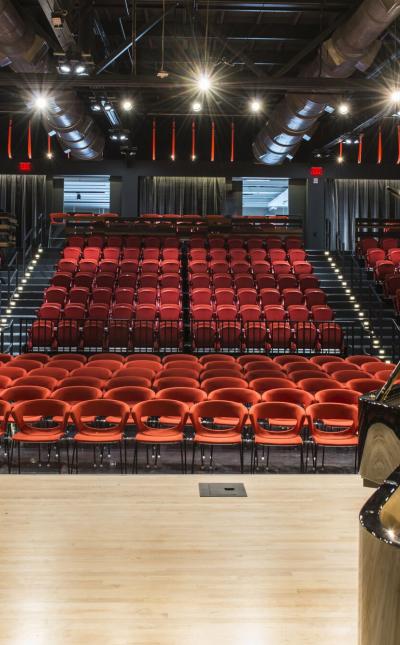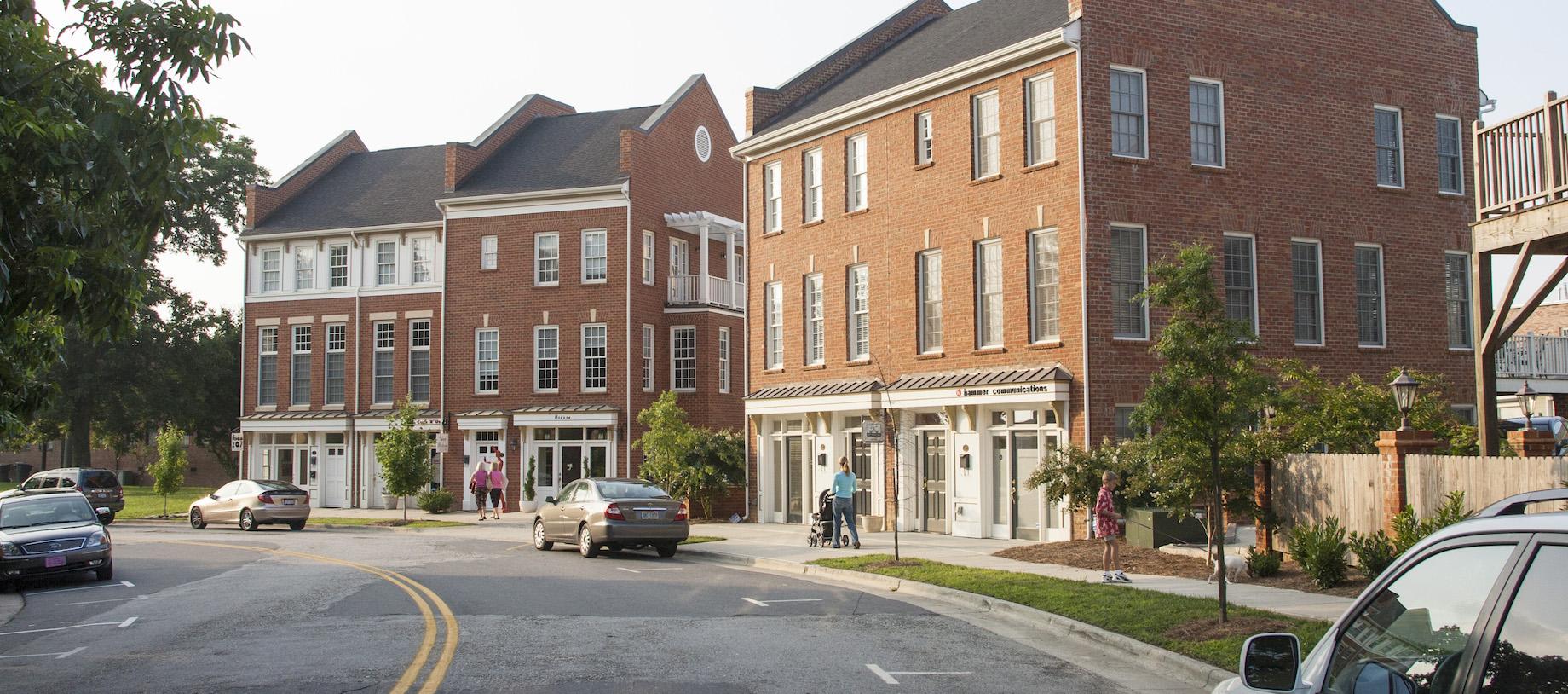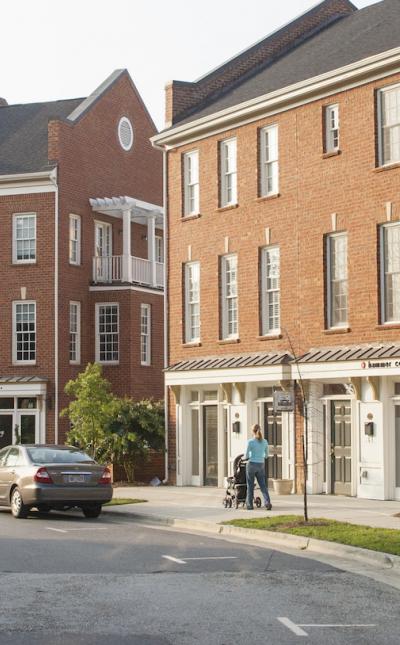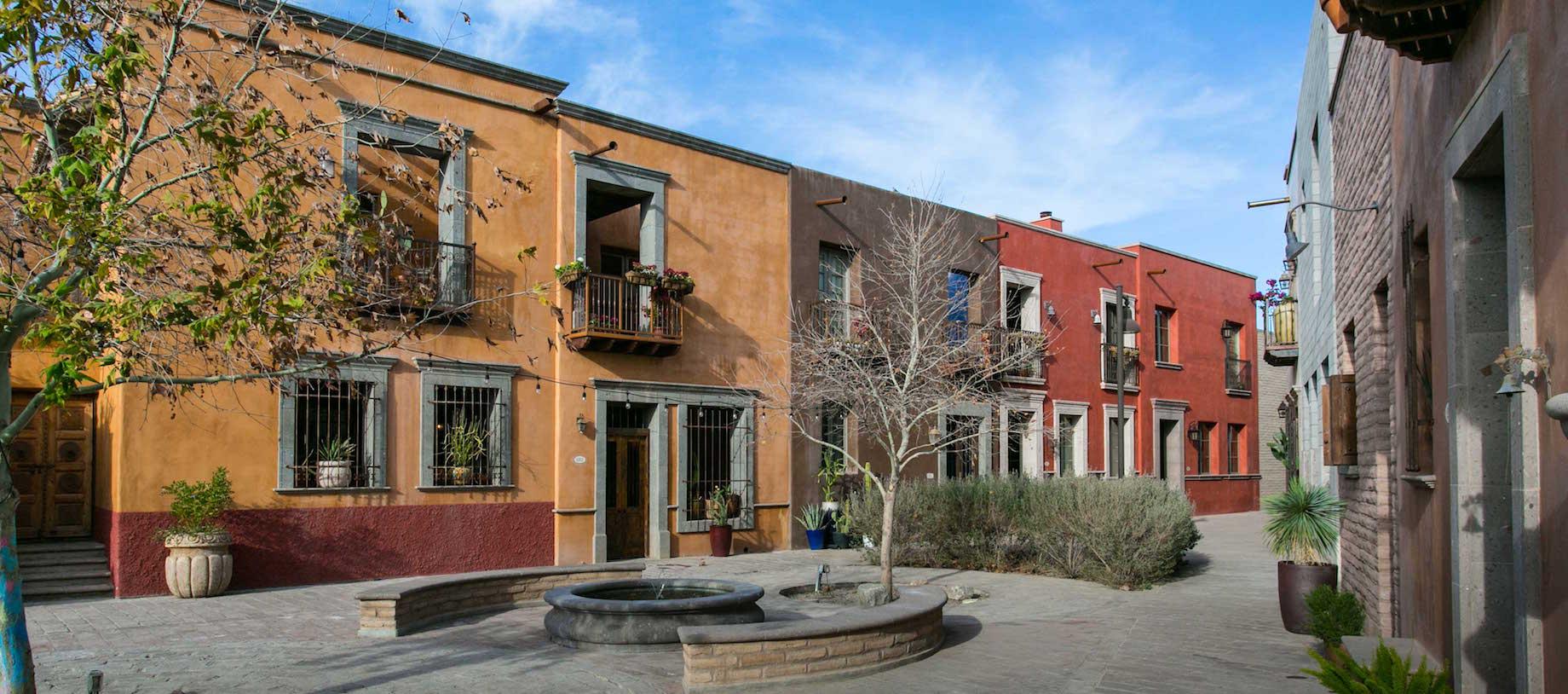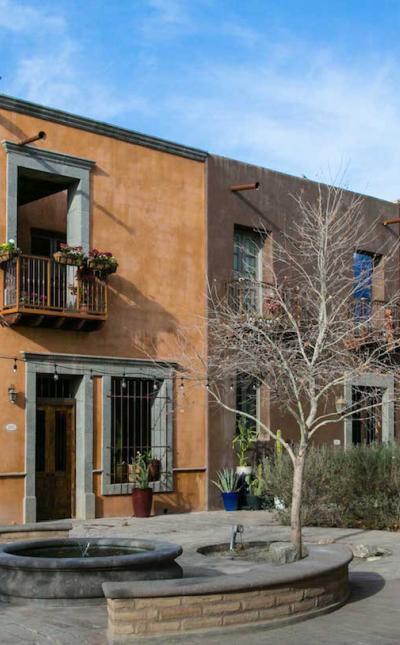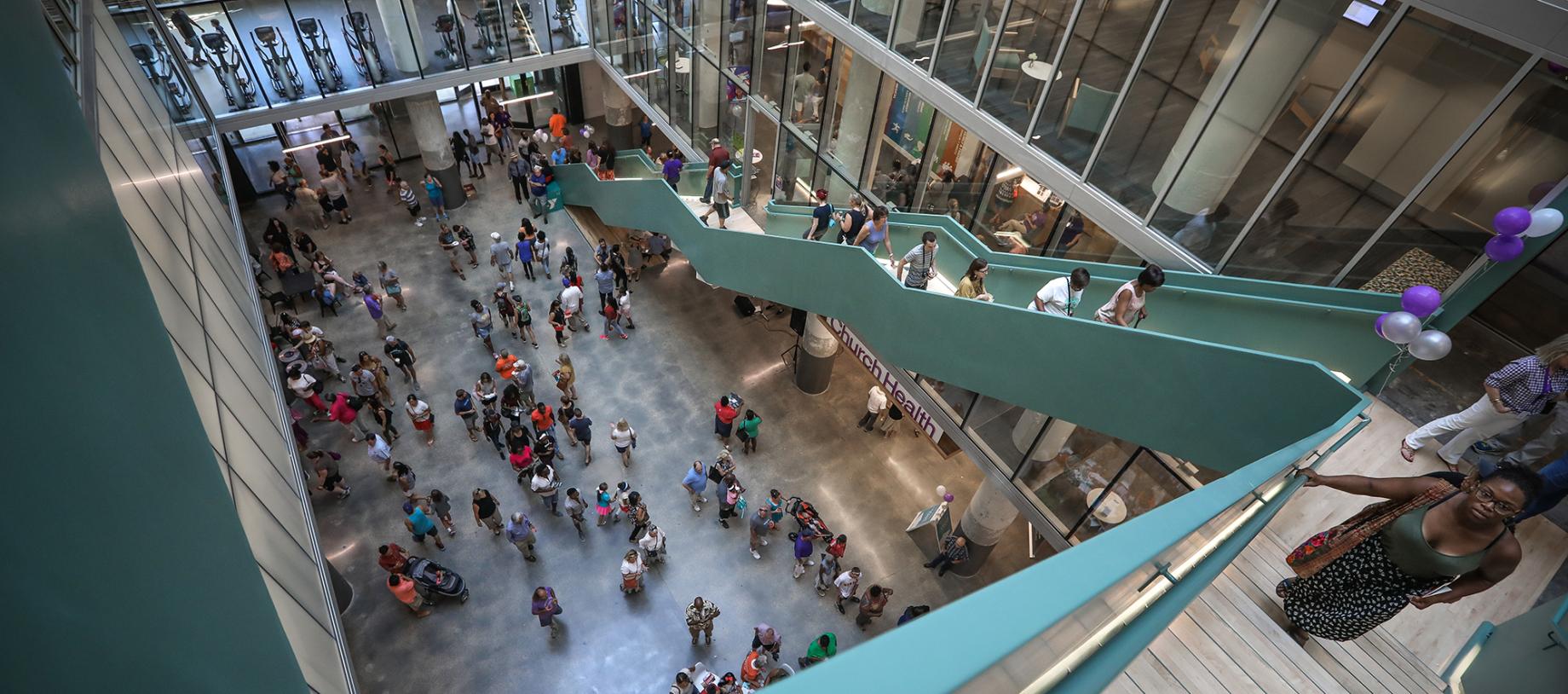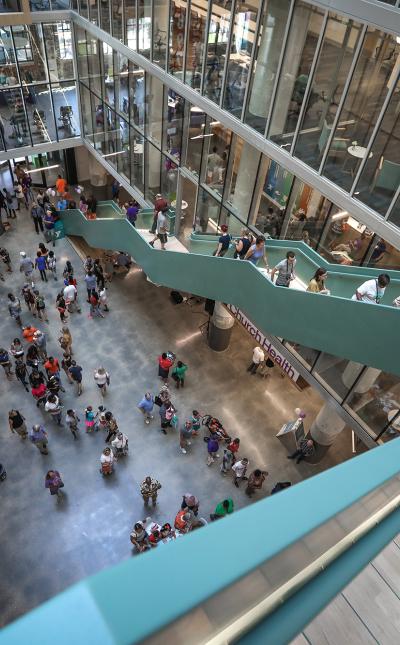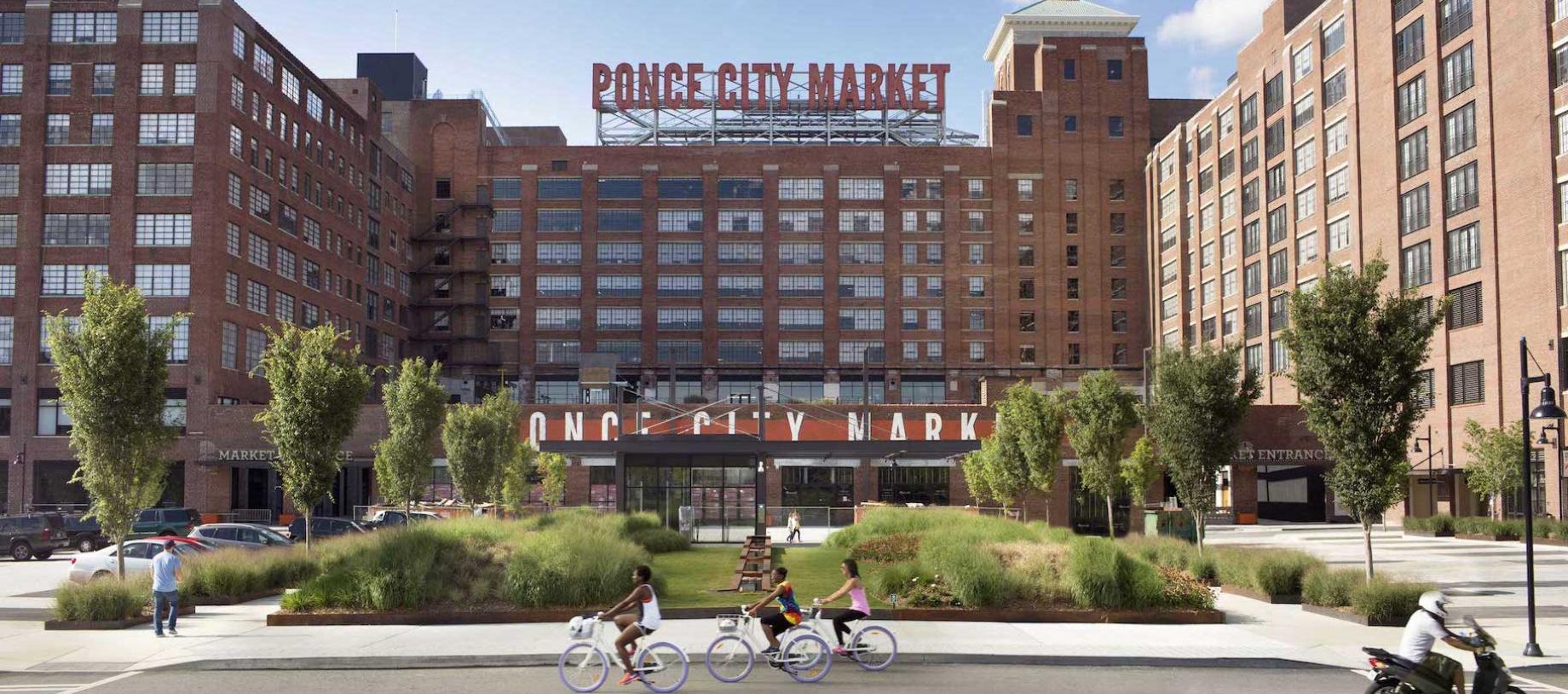- Who We Are
- What We Do
- Our Issues
- Our Projects
- Sprawl Retrofit
- Highways to Boulevards
- CNU/ITE Manual
- Health Districts
- The Project for Code Reform
- Lean Urbanism
- LEED for Neighborhood Development
- Missing Middle Housing
- Small-Scale Developers & Builders
- Emergency Response
- HUD HOPE VI
- Rainwater in Context
- Street Networks
- HUD Finance Reform
- Affordable Neighborhoods
- Autonomous Vehicles
- Legacy Projects
- Build Great Places
- Education & Trainings
- Charter Awards
- Annual Congress
- Athena Medals
- Resources
- Get Involved
- Donate
- Public Square
There are countless barriers to planning, designing, building, and enforcing compact, walkable communities. In many cases, many of these barriers stem from outdated zoning codes and ordinances, which make it illegal to create the type of thriving communities that residents and local leaders are seeking.
In response, CNU has developed the Project for Code Reform, providing tools and strategies for addressing a community’s most critical zoning code reform needs. To date, a limited number of cities have reformed their zoning codes, creating inequities between cities and towns with—and without—the resources to update their codes and create the regulatory foundation for diverse, vibrant places.
The Project for Code Reform addresses this challenge in a variety of ways, from recommending state and local level incremental code reform, to providing training and education to local governments on alternate code methodologies including Form Based Codes, to disseminating information on coding successes and regulatory challenges.
Through this program, CNU meets planners, mayors and council members, and planning commissioners where they are: politically, financially, and administratively. The Project's incremental approach enables jurisdictions to set their own pace for code changes, allowing them to prioritize their coding efforts, respond to the community’s vision and needs, and facilitate greater community learning and understanding.
The Project for Code Reform supports, and is supported by, the work of its members to design, plan, and build more walkable urbanism. Matt Lambert, CNU National Board and Project for Code Reform Faculty member, says, “This programmatic work is exactly how the organization and its members should leverage each other’s strengths. Individual members cannot enact state-wide change, and CNU needs member code wrangling expertise.” Without the critical coding knowledge of members, and without the coalition building capacity of CNU, the spread of incremental code reform to every interested community across the country would be impossible.
The program seeks to streamline much-needed code reform processes that will enable better built outcomes, providing communities with place-specific regulatory reforms that address the most problematic barriers first, build political will, and ultimately create more walkable, prosperous and equitable places. The resulting potential for sweeping reform directly responds to the pressing challenges cities face.

